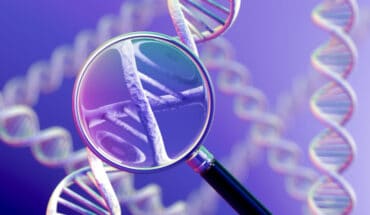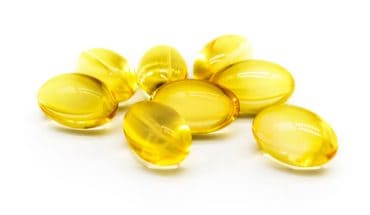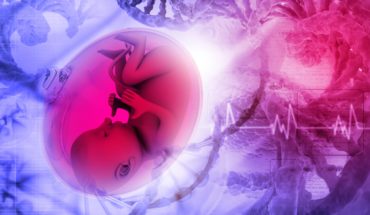‘I welcome the current focus on acrylamide, a toxic chemical that is used by industry to create dyes and plastics but also occurs naturally in overcooked starchy food. This week, the Food Standards Agency published a report detailing how many common food products contain excessive amount of this chemical, including cereals, biscuits and crisps. They advised people to Go for Gold, and choose food that was golden yellow rather than brown or blackened to lower their risk of getting cancer.
From my own research, I know that acrylamide is a public health concern, and not just because of its links to neurological conditions and cancer in animal studies (the evidence for a link to cancer in humans is not yet established.)
We found that, where the pregnant woman’s diet was high in food or drink that contained acrylamide, there was a significant reduction in birthweight.
In fact, the reduction in birth weight was similar to babies born to mums who smoked during pregnancy. Women who ate more acrylamide in their diets gave birth to babies who were 130grammes lighter on average and had smaller head circumferences.
Wherever pregnant women lived, Greece, Denmark, Norway. Spain or the UK, the ones who had more acrylamide in their blood had babies with significant disadvantages in terms of their health outcomes.
Acrylamide, unlike many other toxins, can pass through the placenta and was found in the cord blood too.
This makes it very worrying since early development in the womb is really critical to health in later life.
Pregnant women who want to minimise their exposure should reduce their intake of crisps, chips, coffee and baked cereals. We don’t know what the safe dose is so we need to be cautious, particularly when we have already seen the health effects of acrylamide in pregnancy.’
European Commission Recommendations were drawn up in 2013 which state the level of acrylamide that is ideal for different food groups. However, these recommendations cannot be enforced and exceeding them does not constitute an identified health risk. So there is no legal maximum dose in food, although there is a maximum allowed in drinking water. There can be no more than 01 microgram per litre of acrylamide per litre.
- Acrylamide harmful in pregnancy - 24th January 2017








I really appreciate this article because it had valuable information about acrylamide harmful pregnancy.This article has essential steps for a healthy pregnancy which is very useful for me during my pregnancy.Can u please update more information which is useful for pregnant women to take care of their health